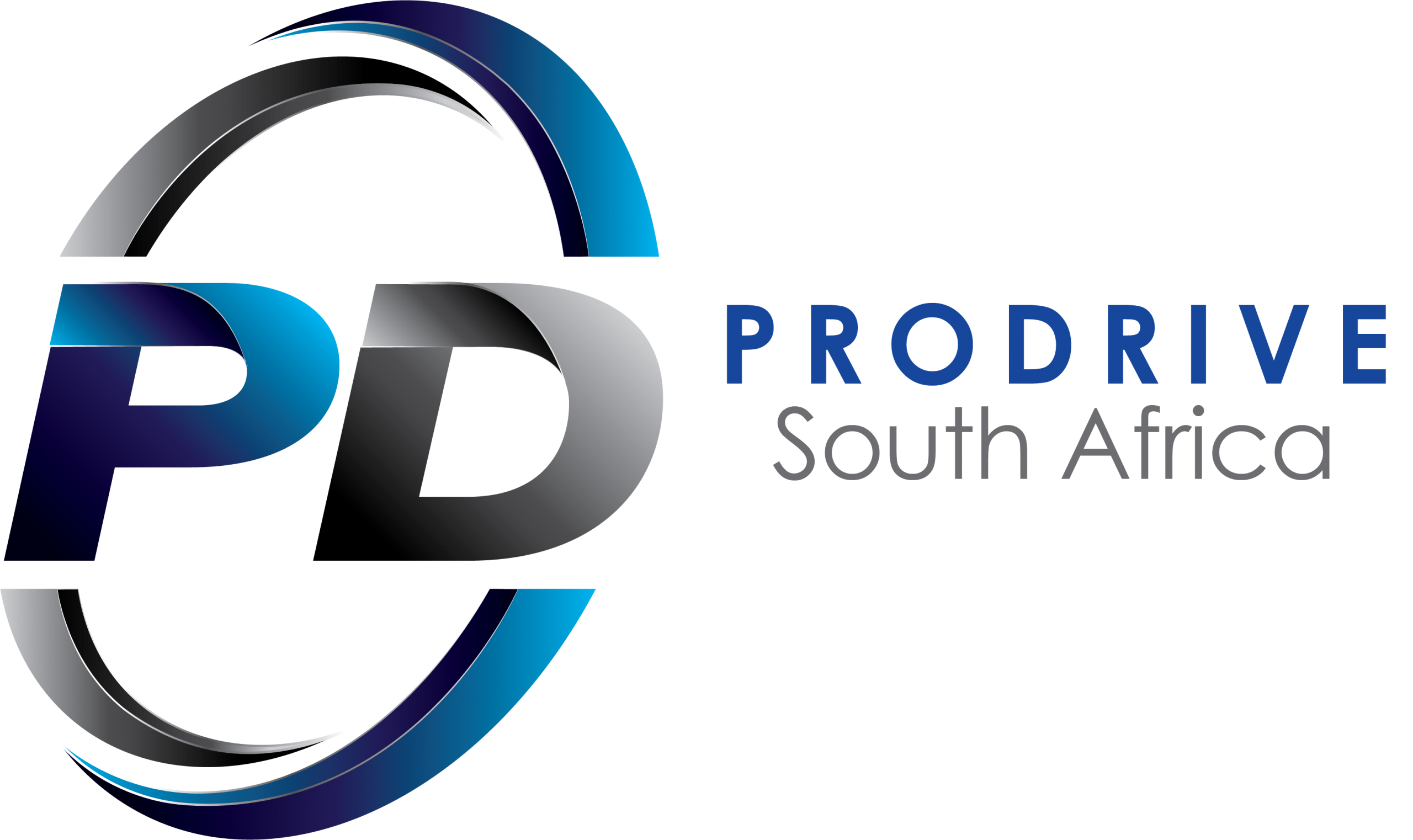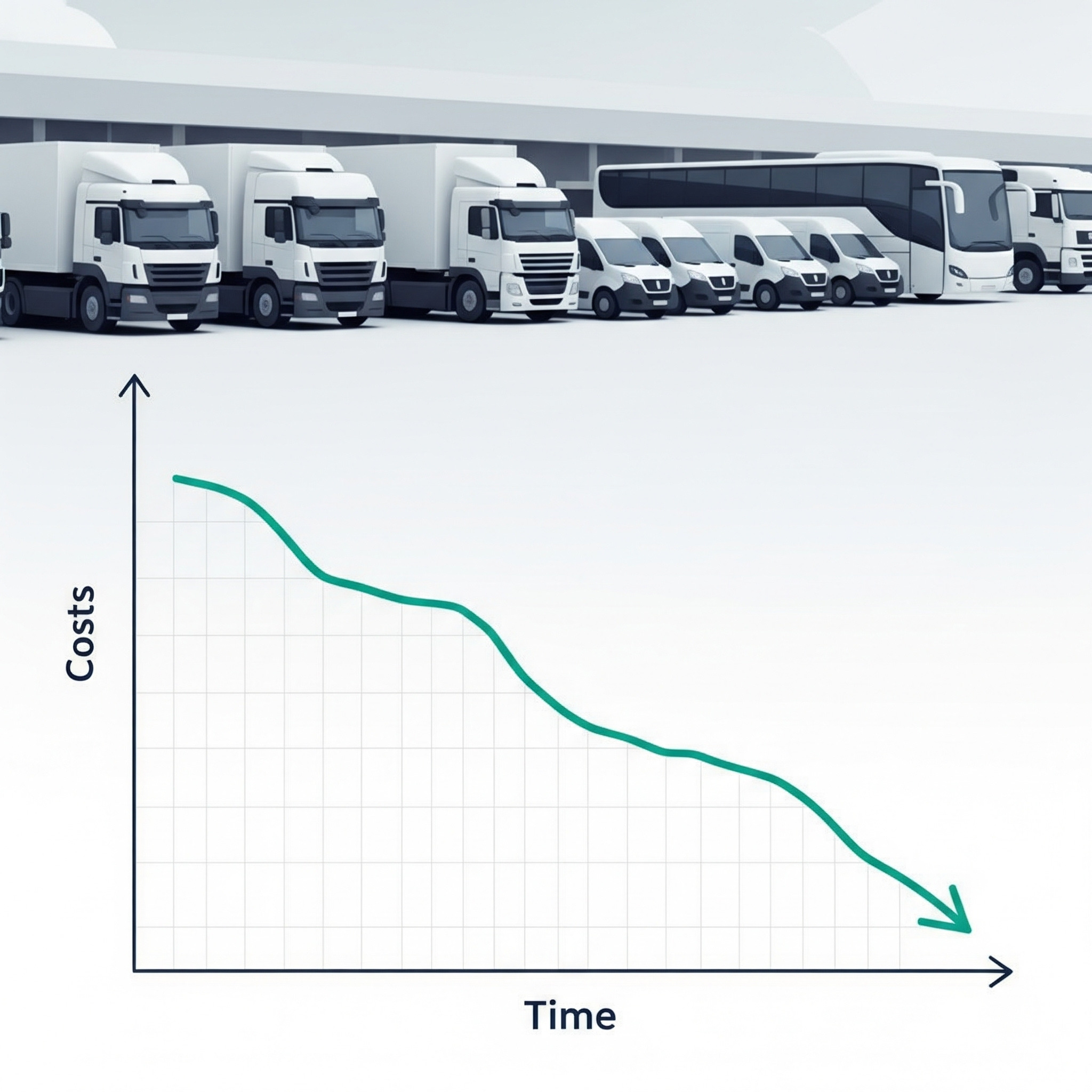To pilot inspection interval changes and measure fleetwide savings, set up a controlled trial where some vehicles adopt the new interval while others maintain the current schedule, track comprehensive cost and performance data, and analyze differences in outcomes for evidence of savings.linkedin+1
Step-by-Step Guide to Piloting Interval Changes
1. Define Pilot Groups
- Select comparable subsets of your bus fleet: one group continues with the existing inspection interval, and another adopts the new, proposed interval.triumph
2. Digitize and Standardize Inspections
- Implement digital vehicle inspection tools or apps to ensure consistent, traceable, and timely records across both groups.linkedin
- Establish a standardized checklist for all inspection routines to ensure comparable results.
3. Track & Collect Key Data
- Measure and record relevant metrics:
- Direct maintenance costs (routine vs. emergency repairs)
- Fleet downtime (time off-road per vehicle)
- Parts replaced and labor hours
- Preventable faults flagged and correctedtriumph+1
4. Monitor Over a Meaningful Period
- Run the pilot for a sufficient duration to capture trends (typically 6-12 months).triumph
- Periodically review operational and cost data for both groups.
5. Analyze Results
- Compare operating costs, number of breakdowns, and unplanned repairs between groups.
- Calculate net cost savings and other operational improvements that resulted from interval changes.triumph
6. Report and Scale
- Document the findings. If meaningful savings and reliability improvements are achieved, consider scaling the new interval to the full fleet.linkedin+1
Recommendations
- Use digital inspection systems to maximize data reliability and spot savings faster.linkedin
- Include time, downtime, maintenance spend, and compliance rates as core KPIs.
- Periodically re-evaluate intervals and adapt based on ongoing results and emerging data trends.triumph
By creating a pilot with structured data collection and rigorous comparison, fleet managers can confidently identify which inspection schedules deliver the greatest cost savings and operational efficiency.linkedin+1
- https://www.linkedin.com/pulse/how-vehicle-check-apps-turn-daily-inspections-fleet-savings-prolius-pipof
- https://triumph.io/blog/carrier/trucking-fleet-utilization-how-to-measure-your-fleets-efficiency/
- https://www.sciencedirect.com/science/article/pii/S0968090X22002200
- https://www.sciencedirect.com/science/article/pii/S1077291X22004532
- https://www.commercialuavnews.com/energy/how-can-you-measure-the-roi-of-your-utilities-inspection-program-using-drones
- https://www.transit.dot.gov/sites/fta.dot.gov/files/docs/research-innovation/146801/considerations-evaluating-automated-transit-bus-programs-fta-repor-no0149.pdf
- https://afdc.energy.gov/files/u/publication/financial_analysis_be_transit_buses.pdf
- https://stratioautomotive.com/preventive-predictive-maintenance-bus-operators/
- https://www.bitre.gov.au/sites/default/files/op_067.pdf
- https://www.sustainable-bus.com/components/masats-predictive-maintenance/


Leave a Reply